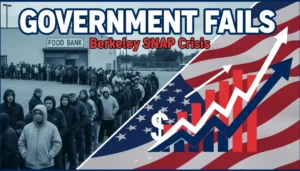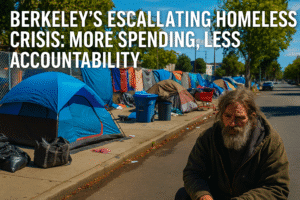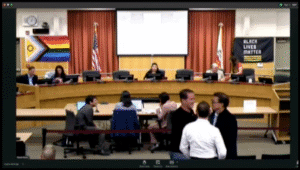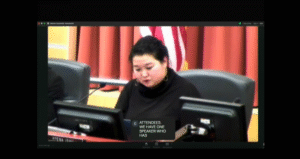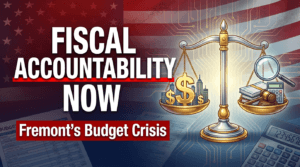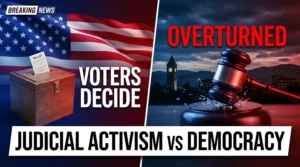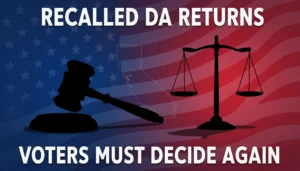The End of an Era: The Berkeley Flea Market Closes After 50 Years
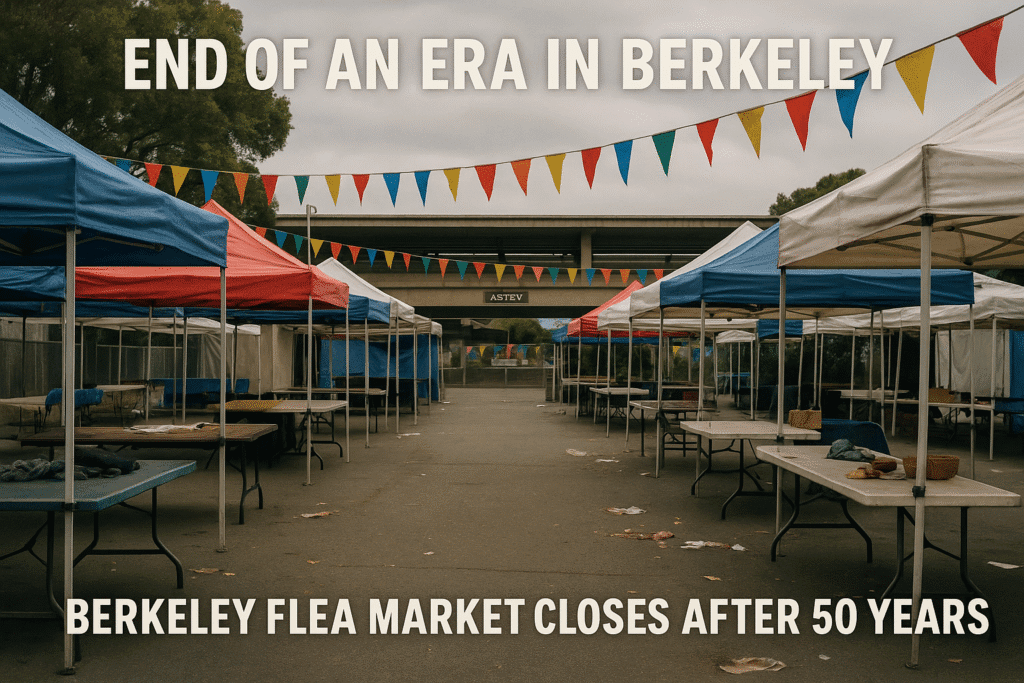
A Cautionary Tale of Progressive Failure
For half a century, the Berkeley Flea Market stood as a testament to community, entrepreneurship, and the diverse fabric of American society. On June 30, 2025, this historic market closed its doors for the last time, not with fanfare or celebration, but with a deep sense of loss—a loss that resonates far beyond the city limits of Berkeley, California.
While progressives will undoubtedly blame “market forces” or the “changing times,” the truth is more complex, and, frankly, more uncomfortable for those who have shaped Berkeley’s political and economic landscape for decades. The closure of the Berkeley Flea Market is a microcosm of the broader decline facing many American cities under progressive governance—a decline fueled by overregulation, rising crime, and a hostile climate for small businesses.
A Berkeley Institution Falls
Since its founding in the 1970s, the Berkeley Flea Market was more than just a place to buy and sell goods. It was a community hub where people from all walks of life could gather. Immigrants, artists, craftspeople, and families built livelihoods and friendships here. Generations of Berkeley residents grew up wandering the market’s colorful aisles, sampling food from around the world, and discovering treasures at every turn.
So why did it end? The official explanation cites declining vendor participation, increased costs, and logistical challenges. But the underlying causes cannot be ignored. The closure is a direct result of policy decisions and cultural shifts that have made Berkeley, once a beacon for small business, an increasingly inhospitable environment for the very people the city claims to champion.
Progressive Policies and the Cost of Doing Business
Let’s start with the basics: California is notorious for its high taxes, labyrinthine regulations, and expensive permits. Berkeley, often at the forefront of every new progressive policy, has created an environment where running a small, independent business is a Herculean task.
Vendors at the flea market faced rising permit fees, strict environmental regulations, and ever-changing city ordinances. What began as a low-barrier opportunity for aspiring entrepreneurs became a bureaucratic nightmare. The paperwork alone discouraged many would-be vendors, while those who persevered found their profits shrinking in the face of mounting costs.
Ironically, many of these policies were intended to “protect” the community or the environment. In practice, they stifled innovation and drove out the very diversity and creativity that made the Berkeley Flea Market special. The result? Empty stalls, dwindling crowds, and, finally, the shuttering of a beloved institution.
Crime, Disorder, and Public Safety
But it’s not just red tape. Over the last few years, Berkeley—like so many American cities—has seen a marked increase in crime and public disorder. Progressive policies that defund or restrict police, coupled with permissive attitudes toward public drug use and homelessness, have made public spaces less safe and less welcoming.
Vendors and patrons at the flea market reported rising incidents of theft, vandalism, and harassment. Security costs soared, and many families stopped attending altogether. The city’s response was tepid at best—more concerned with political correctness than with protecting citizens and small business owners.
For conservatives, this is a familiar pattern: ideological commitments taking precedence over common-sense governance, with ordinary people paying the price. The closure of the Berkeley Flea Market is not just about economics—it’s about the failure to maintain the basic order and security that make community life possible.
The War on Cars and Accessibility
Another factor is Berkeley’s ongoing “war on cars.” In the name of environmentalism and public transit, city officials have systematically reduced parking, increased traffic restrictions, and made it harder for people to access downtown and other commercial areas.
For a flea market that depended on visitors from across the Bay Area, these policies were especially damaging. Many vendors and customers simply stopped coming, unable or unwilling to navigate the logistical hurdles. Once again, a well-intentioned policy—meant to create a “greener,” more walkable city—ended up hurting those with the least power: small business owners, working families, and the elderly.
The Loss of Community and Opportunity
The closure of the Berkeley Flea Market is a tragedy, but it is also a warning. It illustrates what happens when policymakers lose sight of the fundamentals: supporting small business, ensuring public safety, and fostering genuine community. Instead, the city has become a laboratory for untested social theories and virtue-signaling regulations.
For many families, especially immigrants and minorities, the flea market was a stepping stone to the American Dream. It offered a way to build a business, support a family, and contribute to the community. With its closure, another pathway to upward mobility is gone, replaced by empty rhetoric and abandoned stalls.
Lessons for the Rest of America
Some will say that the Berkeley Flea Market was an anachronism, that it simply couldn’t survive in the modern world. But this misses the point. All over America, small businesses are struggling under the weight of excessive regulation, high taxes, and public disorder. The consequences are visible in shuttered storefronts, declining civic engagement, and a growing sense of alienation.
The solution is not more government intervention or utopian planning. It is a return to the values that made the Berkeley Flea Market—and America—great in the first place: hard work, personal responsibility, free enterprise, and respect for the rule of law.
Berkeley’s leaders would do well to remember that real community is built from the ground up, not imposed from above. It thrives when government respects the rights of individuals to work, trade, and gather freely. It withers when those rights are buried beneath layers of red tape and ideological dogma.
A Call to Action
As conservatives, we should not gloat over the demise of the Berkeley Flea Market. Instead, we should see it as a call to action—a reminder of the fragility of our institutions and the importance of defending the principles of liberty, order, and opportunity.
Let the closure of this market be a lesson: When we lose sight of what matters most, we risk losing the very communities that give our lives meaning. The time has come to stand up for small business, restore public order, and reclaim the American Dream—not just in Berkeley, but across the nation.
Sources:




